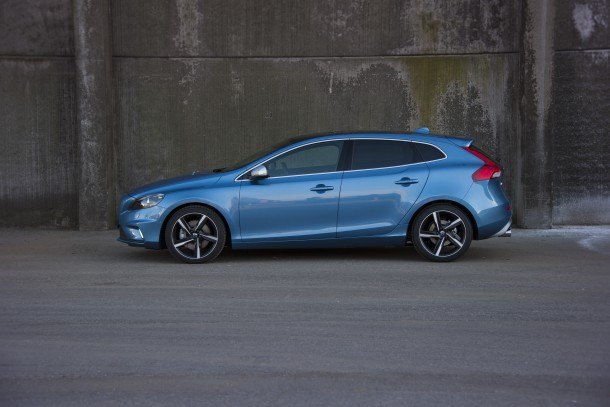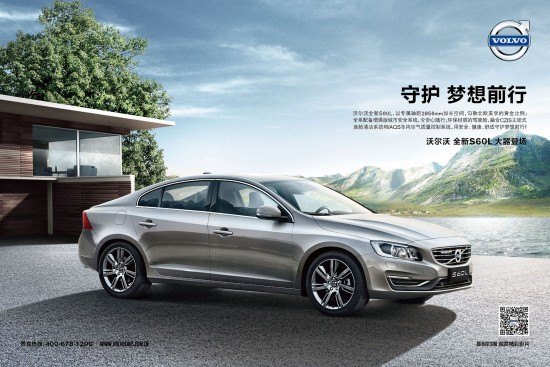#S60L
Volvo Will Sell Electric Car By 2019; Plug-in Hybrid S90 Sooner
Volvo announced Thursday that it would make an all-electric car available by 2019 and offer more plug-in hybrid versions of its cars sooner, starting with the S90. Volvo already sells a plug-in hybrid version of its XC90 SUV.
The automaker’s announced plans follow news that it would make a compact crossover by 2018, likely called the XC40, which would eventually share the same architecture as its V40 and V40 Cross Country.
According to the automaker, Volvo expects 10 percent of its sales by 2020 to be of electric cars. The automaker reported 465,000 sales in 2014.
Volvo Bringing New V40, S60L to United States
Volvo will bring its smaller, compact-sized V40 wagon, its related crossover and long-wheelbase, Chinese-built S60 sedan to America, Autoblog is reporting.
The newest generation of the Volkswagen Golf-sized V40 wagon is being built with the U.S. in mind, Volvo senior vice president Alan Visser told media in the Netherlands. The earliest it could reach the United States would be 2017.
Visser also said the XC40, a compact crossover based on the V40 Cross Country, would make its way to the States shortly after the V40.
Chinese-Built Volvo S60L Bound For US Market In 2015
CEOs and senior execs going on shopping runs to Staples may soon be able to leave their MKTs at the parking garage when the Chinese-made Volvo S60L arrives next year.


















Recent Comments